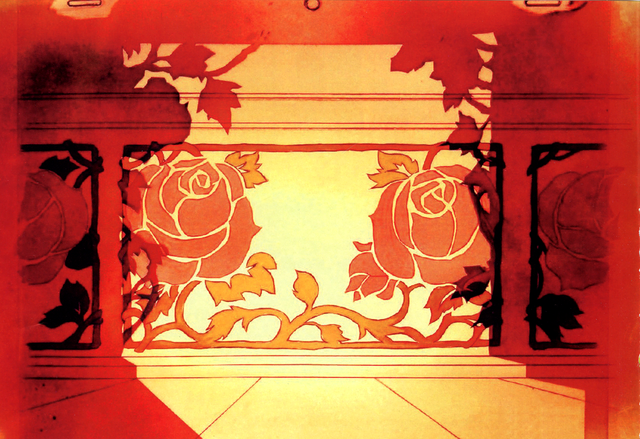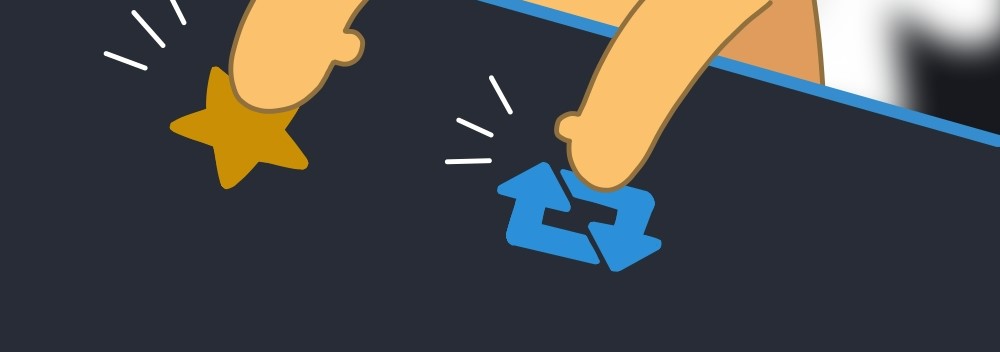
对象跟他妈妈学来的,他妈妈跟佛寺斋厨学来的这道菜被我轻易地po来毛象……!
1. 长茄子切薄片,两面拍面粉,锅里多下点儿油两面煎到金黄泛棕捞出来。
2. 准备一些比较味道温和又有点儿脆感/韧感的蔬菜(味道温和是不抢不冲酱汁的味道,有点儿脆感韧感是跟茄子绵软的口感形成对比)。对象用的是alfalfa(一种种子芽),据说芝麻菜也可以,我觉得绿豆芽焯一下水也可。
3. 再准备酱汁,黄芥末膏、蜂蜜或枫糖浆或其它什么糖浆、白醋=1:1.5:1.5,调匀。
吃的时候用煎好的茄子裹住蔬菜,淋上酱汁,一口塞进嘴里……!对我来说好陌生但好丰富的口感,茄子外表被煎得有点儿焦脆,里面软软,配上酱汁酸甜辣,有点儿油,但里面裹的蔬菜refreshing。连吃了两天 ![]() (第二天削微有点儿腻了
(第二天削微有点儿腻了 ![]()
.
.... seeks to outline the possibility of the authors to establish their self-images, not as testaments of womanhood, but rather as the strong authorial imprint in which they interprets the experiences of the inevitably gendered life.
duras
The critically contested referential gaps that pervade the genres of autobiography and photography are precisely what work for Duras who, through the interplay of written and visual texts, explores ekphrastic representational technologies to establish a semantic system in which the autobiographical referent cannot be fixed.
national cinema
This is in sharp contrast to the American cinema which is a relentlessly, obsessively oedipal cinema, where the hero always engages the father, usually eliminates him, and eventually sleeps with his mother, though not before assuring himself that she is his best buddy. The only Oedipal hero in the European cinema, cut in this mold is perhaps Fritz Lang’s Siegfried – and he is felled and pierced by the paternal spear.
www
national cinema
The European auteur cinema basically knows three kinds of heroes who are close cousins: Odysseus, Orpheus and Parzifal – in other words, quest heroes, wanderers who are often enough prepared to sacrifice a Eurydice on the way, before they reluctantly – return to Penelope, who in any case, is really their mother.
